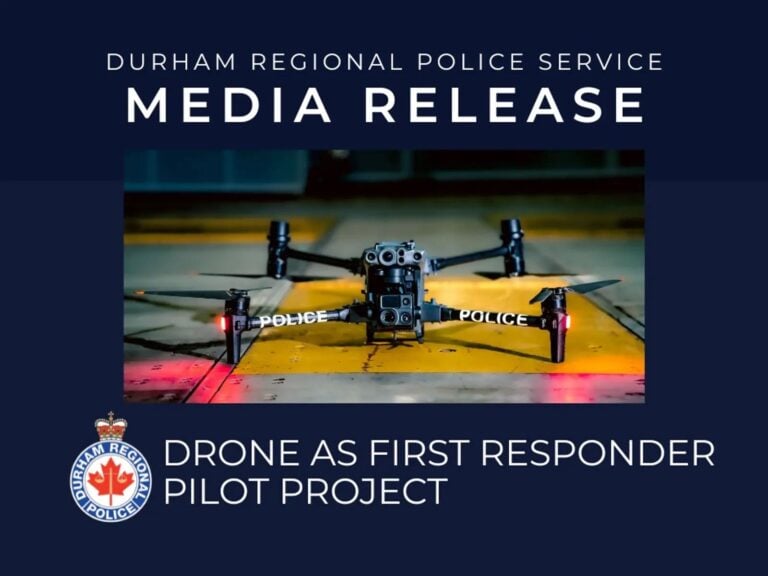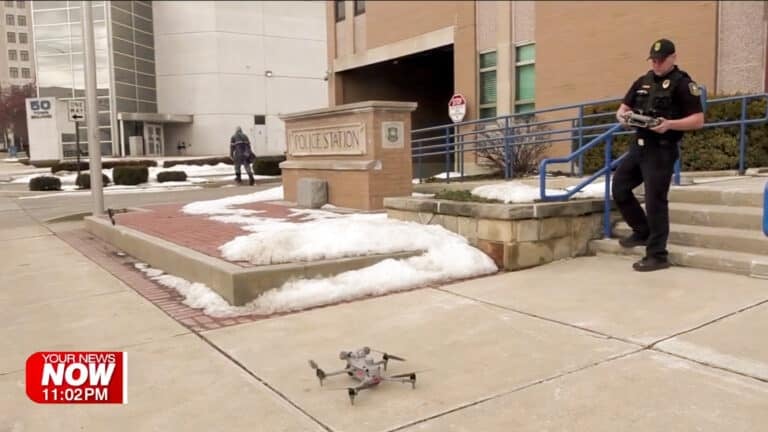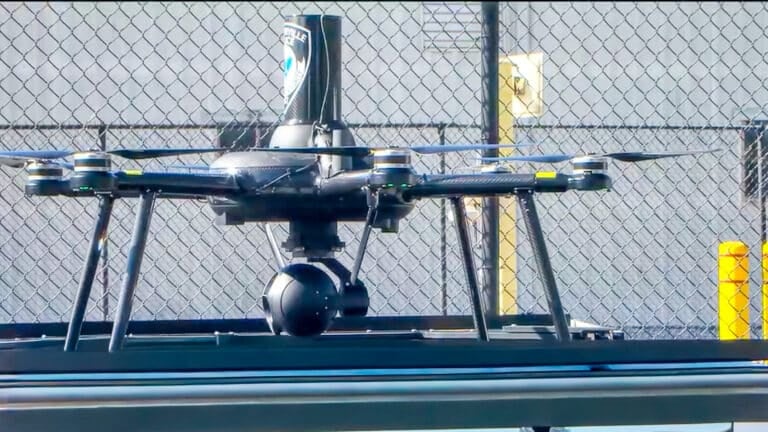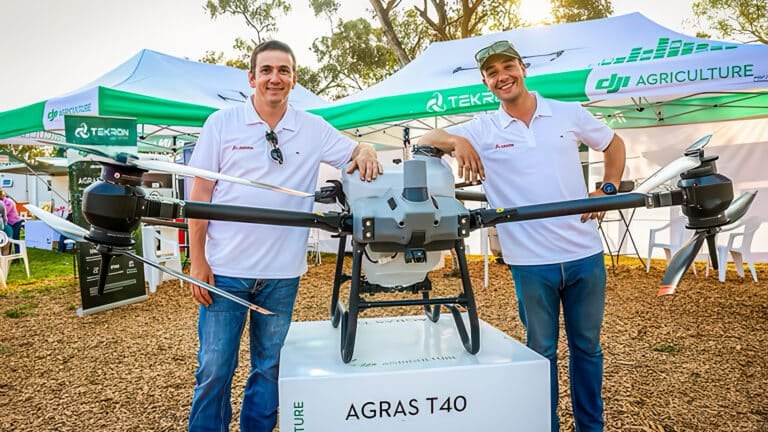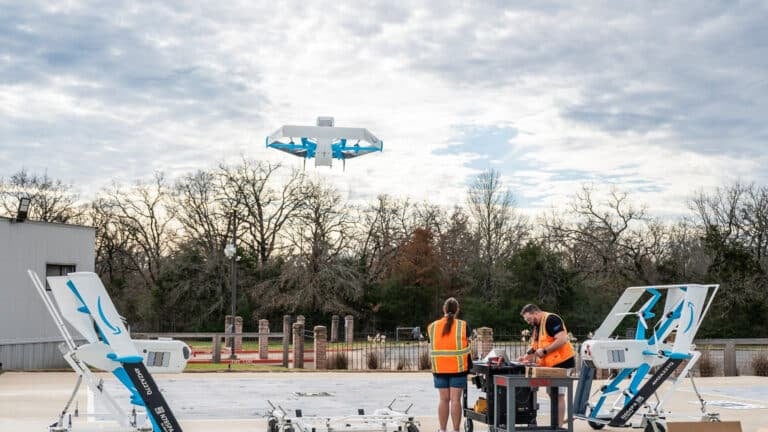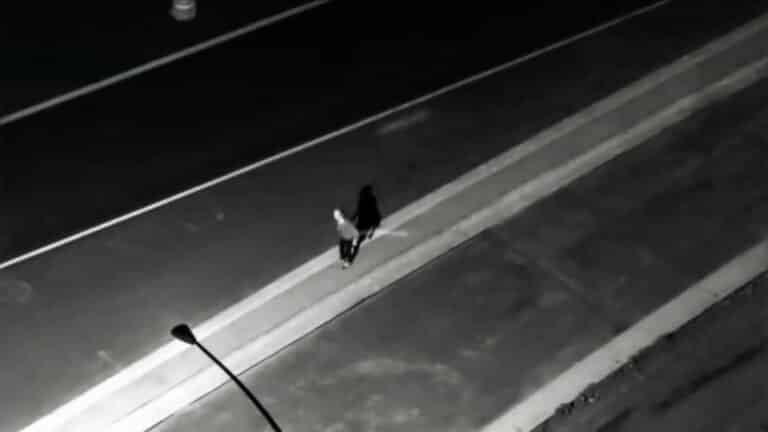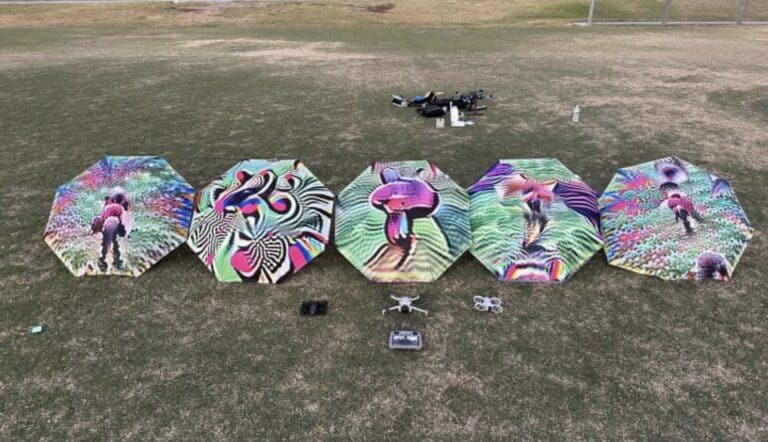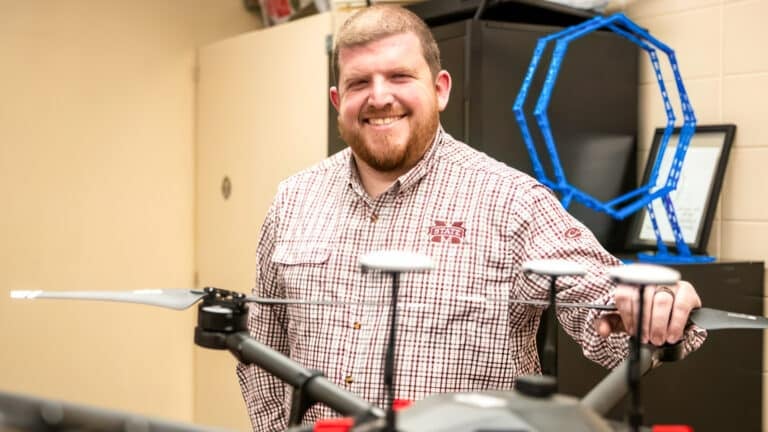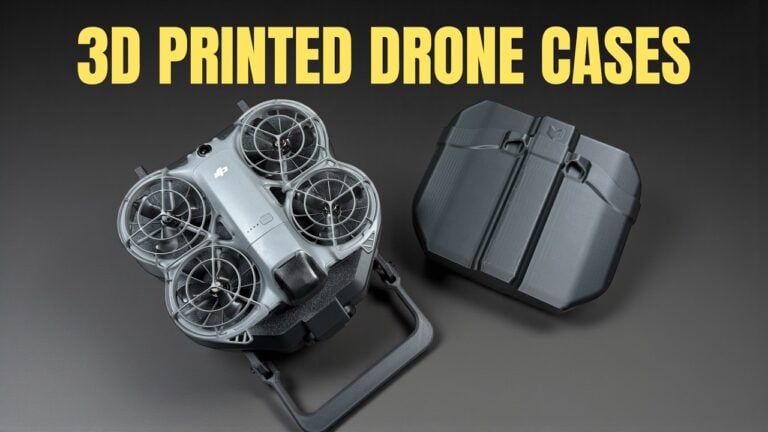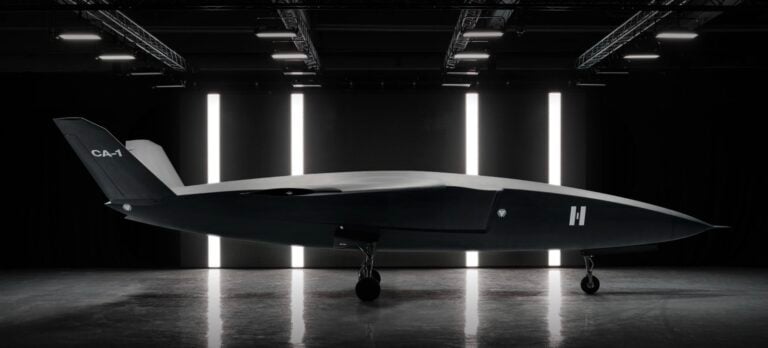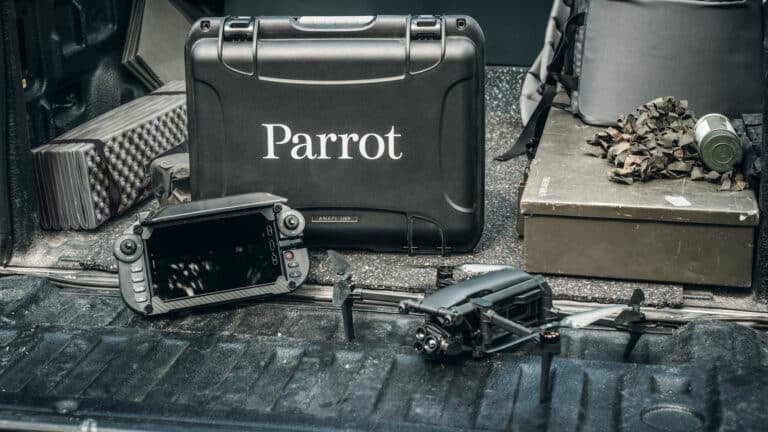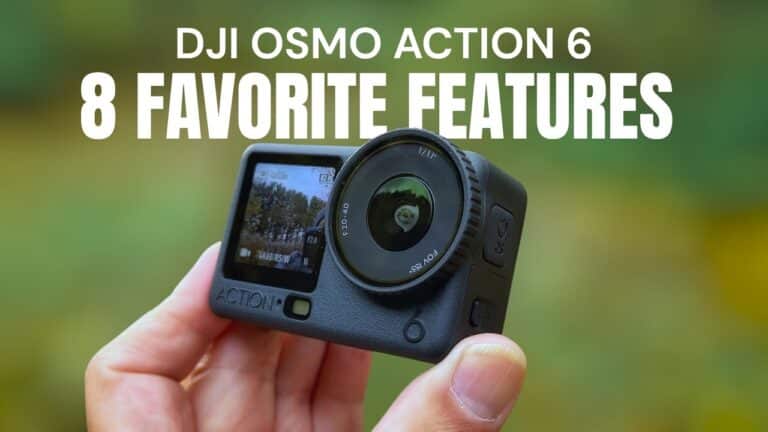NASA and Department of War Advance BVLOS Cargo Drone Operations in North Dakota
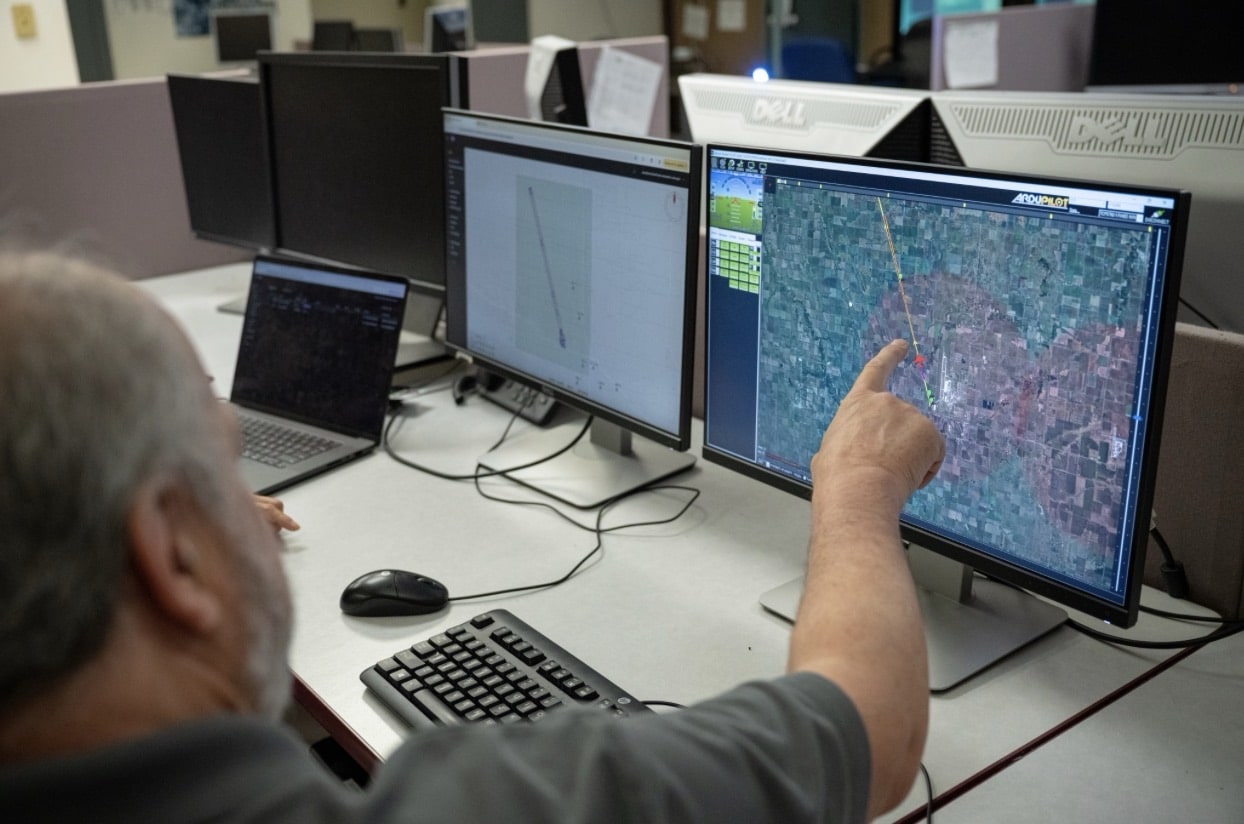
Check out the Best Deals on Amazon for DJI Drones today!
NASA and the Department of Defence War recently conducted a successful live flight demonstration in North Dakota, showcasing beyond visual line of sight (BVLOS) cargo drone operations as part of ongoing efforts to advance long-distance unmanned aerial logistics. According to NASA, cargo drones carried payloads more than 75 miles (121 km) between Grand Forks Air Force Base and Cavalier Space Force Station, validating critical technologies required for safe integration into U.S. airspace.
The demonstration highlighted the Federal USS Synthesis Effort (FUSE), a collaboration between NASA’s Ames Research Center and the Department of War. Researchers tested real-time tracking, situational awareness, and safe integration of unmanned aerial systems (UAS) into complex, shared airspace. These tests are designed to advance scalable drone cargo operations for both commercial distribution and military logistics.
BVLOS Flight Demonstration
During the flights, drones transported payloads across nearly 80 miles supported by the Department of War’s UAS Logistics, Traffic, Research, and Autonomy (ULTRA) program. NASA’s UAS Service Supplier (USS) technology enabled continuous monitoring by transmitting live flight data, including altitude, location, and other mission-critical information, directly to NASA systems.
Terrence Lewis and Sheryl Jurcak, members of the FUSE project team at NASA Ames, monitored the mission at the agency’s Airspace Operations Lab. Lewis emphasized that the BVLOS monitoring system “ensures all stakeholders can see and respond to drone activity, which provides the operator with greater situational awareness.”
Enabling Autonomous Cargo Drones
NASA officials underscored that the FUSE program represents an important step toward routine autonomous drone operations for national airspace integration. Todd Ericson, senior advisor to the NASA administrator, stated that the initiative builds upon “our interagency cooperation to contribute enhanced capabilities for drones flying beyond the visual line of sight.” He added that safety remains paramount, with NASA working alongside the FAA and Department of Transportation to regulate autonomous flight appropriately.
The long-term vision for BVLOS cargo drones goes beyond military utility. NASA is actively exploring applications such as transporting medical supplies to rural areas, delivering packages directly to consumers, and monitoring wildfires. By collaborating across government and industry, FUSE aims to support infrastructure development that ensures safe and routine drone integration alongside conventional air traffic.
Multi-Agency Collaboration
The FUSE effort is conducted in partnership with the War Department’s Office of the Undersecretary for Acquisition and Sustainment and connects with ULTRA, a broader collaboration involving the Office of the Secretary of War, the Northern Plains UAS Test Site, Grand Sky Development, the Air Force Research Laboratory, and various commercial partners. Together, these organizations are working to strengthen UAS capabilities within the National Airspace System.
The demonstration reaffirmed the historic partnership between NASA and the Department of War in advancing aerospace innovation. Both agencies view BVLOS cargo drone operations as critical in reducing human workload, improving logistics efficiency, and expanding safety features within autonomous flight systems.
DroneXL’s Take
This demonstration represents a milestone in scaling drone cargo operations into long-range, autonomous missions. NASA’s work with the Department of War underscores the dual-use nature of unmanned aviation, spanning defense applications and emerging commercial markets.
The real test, however, lies ahead: Can regulators and industry develop an ecosystem robust enough to safely handle routine BVLOS flights across multiple states while balancing privacy, security, and air traffic deconfliction? And how quickly will the lessons learned from military collaborations translate into practical, approved frameworks for civilian cargo drone services?
What do you think—will cargo drones play a bigger role in commercial logistics within the next decade, or will strict regulations slow their growth? Share your thoughts in the comments.
Discover more from DroneXL.co
Subscribe to get the latest posts sent to your email.
Check out our Classic Line of T-Shirts, Polos, Hoodies and more in our new store today!

MAKE YOUR VOICE HEARD
Proposed legislation threatens your ability to use drones for fun, work, and safety. The Drone Advocacy Alliance is fighting to ensure your voice is heard in these critical policy discussions.Join us and tell your elected officials to protect your right to fly.
Get your Part 107 Certificate
Pass the Part 107 test and take to the skies with the Pilot Institute. We have helped thousands of people become airplane and commercial drone pilots. Our courses are designed by industry experts to help you pass FAA tests and achieve your dreams.

Copyright © DroneXL.co 2026. All rights reserved. The content, images, and intellectual property on this website are protected by copyright law. Reproduction or distribution of any material without prior written permission from DroneXL.co is strictly prohibited. For permissions and inquiries, please contact us first. DroneXL.co is a proud partner of the Drone Advocacy Alliance. Be sure to check out DroneXL's sister site, EVXL.co, for all the latest news on electric vehicles.
FTC: DroneXL.co is an Amazon Associate and uses affiliate links that can generate income from qualifying purchases. We do not sell, share, rent out, or spam your email.




